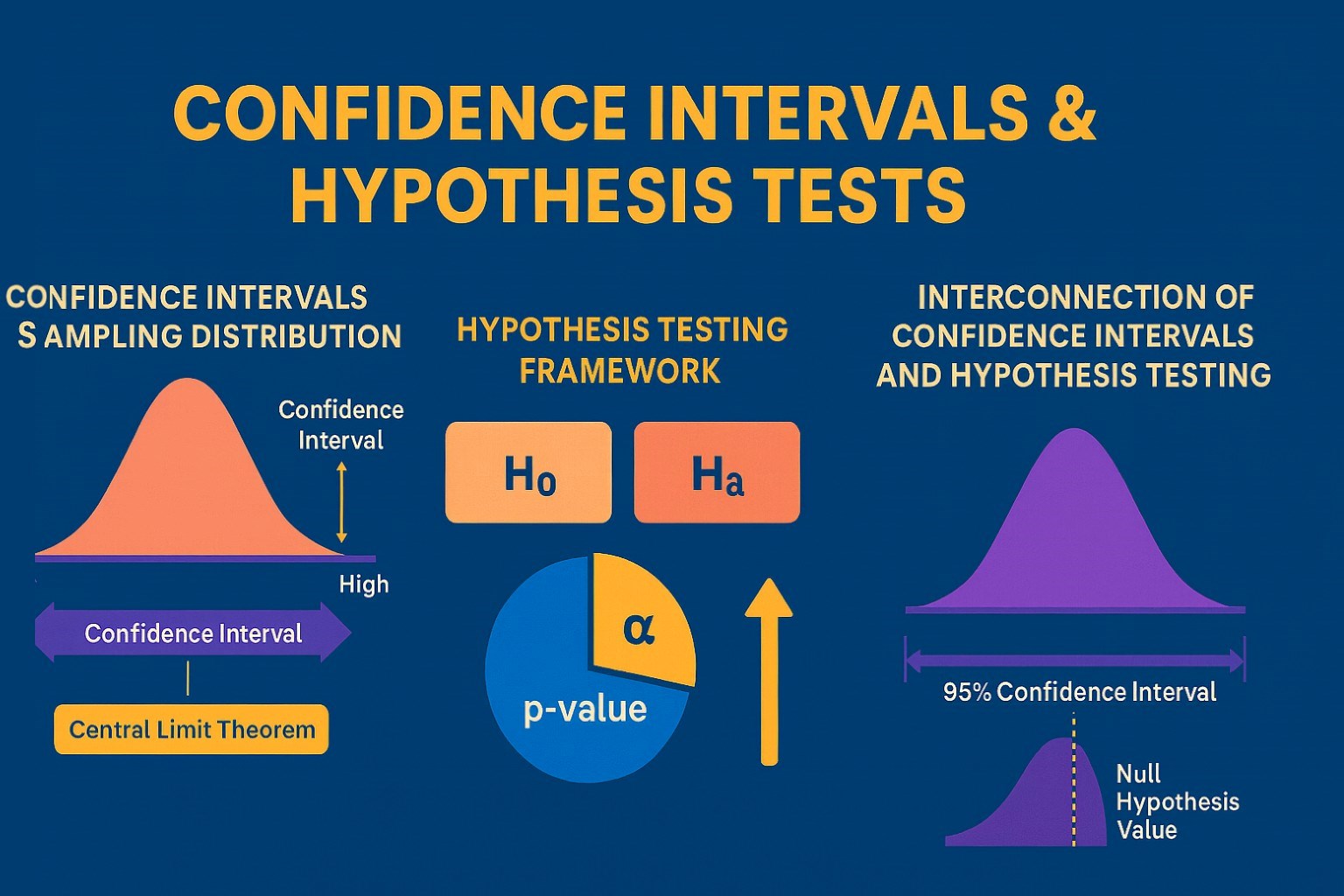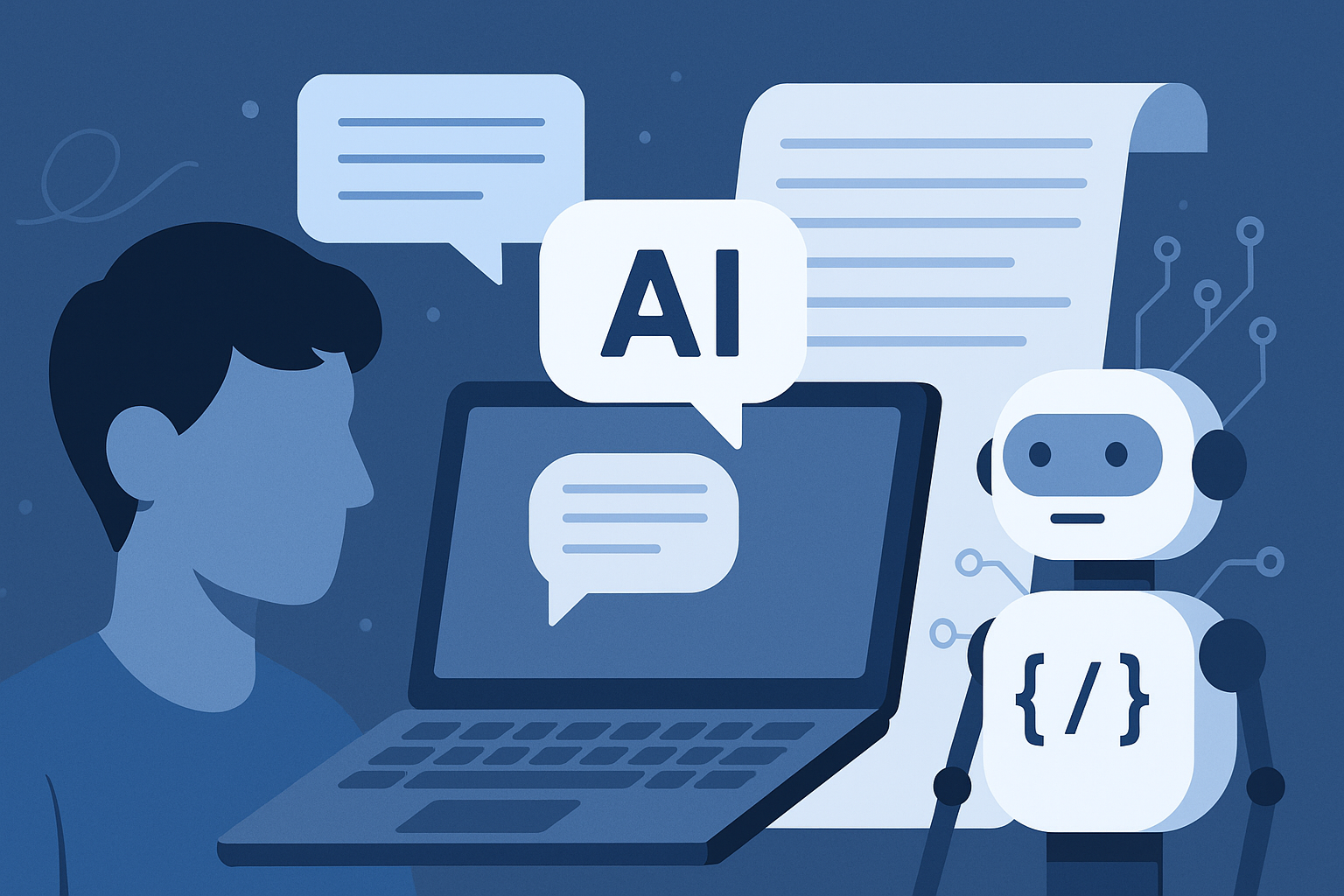TEN ENTRY LEVEL JOBS IN IT FOR FRESHERS

TEN ENTRY LEVEL JOBS IN IT FOR FRESHERS
An entry-level job is when you get into a job without prior experience. Typically, a person who has completed his education and joined his first job is considered a fresher. An entry-level IT jobs involve working in the information technology domain and on computers. The applicant does not need any experience in IT or computer science. However, a theoretical knowledge of computer science and IT is a must. Some fresher IT jobs for freshers ARE:
1. Help Desk Technician: A help desk technician, or technical support, helps customers or clients resolve their technical issues. They resolve the issues by directly interacting with the client or customer via phone, mail, or chat. The primary objectives are client satisfaction and reducing escalations.
A help desk technician acts as the first point of escalation or first point of contact for customers. The help desk technician troubleshoots through diagnostic techniques and resolves the technical issue. If the problem is beyond his role, he has to escalate it to the manager.
2. Information system analyst: An information system analyst manages and handles an organization's network and security. An information system analyst should have analytical skills to identify and resolve digital security flaws. To get into this role, anyone with a computer science engineering degree or equivalent degree is eligible. An aspiring security analyst should possess in-depth knowledge of computer networks and the protection of digital assets. They should be capable of identifying slight changes in the network performance, which may be malware, security breaches, unauthorized accesses, or software. They should be proactive and understand the vulnerabilities. An information system analyst earns between $78,213 and $93,645 annually.
3. Web developer: Today's businesses are digital; every company has a website projecting their services and products. Web development has become popular and the most desired way to do business globally. Web developers should know front-end technology like Angular, HTML, CSS, Javascript, React, etc.
If they are interested in back-end technologies, they should have expertise in Java, PHP, ASP.NET, Sprint boot, Nodejs, Ruby on Rails, Django, Sprint boot, Python etc. They can also become full-stack developers with expertise in front-end and back-end technologies. In that case, they should have expertise in Python, Java, ASP.NET, PHP, or C++ programming languages.
Creating websites can showcase your expertise to employers. An introductory computer science or engineering degree and a degree or certification in programming languages would help.
4. Database administrator: A database administrator is responsible for storing, organizing, and securing the data in the database. Large companies, especially banks, life sciences, and healthcare companies, receive vast amounts of data that must be stored and organized. They need database administrators to operate the databases efficiently. Large enterprises can use this data for analysis and to make necessary decisions.
To become a database administrator, you should have a computer science engineering degree or equivalent qualification and knowledge of databases. A database administrator can earn $64,000 to $108,000 annually.
5. Site Reliability Engineer: Site Reliability Engineer or SRE handles IT operations and IT or software development. The site reliability engineer should know DevOps and Agile methodologies. An aspirant who wants to take the career journey of a site reliability engineer should have a computer science engineering degree with sound knowledge of the software development cycle. If you aspire to be a site reliability engineer, you should also have DevOps skills and knowledge to elevate your opportunities to work as SRE.
A Site reliability engineer's role is to remove obstacles and bottlenecks, ensure software reliability, and bridge the gap between software development and operations. A site reliability engineer can earn $54,000–$185,000 annually.
6. Cloud Engineer: In today's modern business ecosystem, more and more IT enterprises move their data and infrastructure to the cloud. This is the main reason why the demand for cloud engineers is perennial. A cloud engineer helps applications and functions migrate to cloud platforms. To work as a cloud engineer, they should be able to work on the design and configuration of cloud-based services like Amazon Web services (AWS), Google Cloud Platform (GCP), and Microsoft Azure.
It would help if you had a bachelor's degree in computer science engineering to start as a cloud engineer. You can also start your career as a network engineer or network administrator to work with the cloud. There are several courses in cloud computing that you should look into to gain knowledge of the cloud. The salary range of a cloud engineer is $115,000 to $135000 per year.
7. IT Technicians: An IT technician resolves IT issues within the organization. He should know about operating systems and the fundamentals of IT networks. Depending on the organization's designations, IT technicians may also be known as IT analysts, specialists, or associates. You should have a computer science engineering degree. It is advisable to intern as an IT technician to gain hands-on experience. The pay of an IT Technician is $45,000-$55000 per year.
8. Data scientist: A data scientist uses data mining and machine learning techniques for client data analysis. If you aspire to plunge into data science as a data scientist, you should have strong knowledge of Math, statistics, and algorithm skills. A data scientist or a junior data scientist uses his programming language and analytical skills to mine large amounts of data. He should be able to extract meaningful insights from structured and unstructured data. To take up this role, he should be a computer science engineer.
9. Software engineer/ software developer: A software developer works on application development and should have knowledge of programming languages. Their career path can be to become a senior developer, a scrum master, a technical lead, an architect, a project manager, or a product owner. They should be computer science engineers. They get paid between $85000 and $125000 per year.
10. Network engineer: A network engineer administers and manages the organization's networks. Their responsibility is to ensure the scalability and security of networks. It's a critical role and requires round-the-clock service to handle network deployment.
Conclusion: A software / IT/ Computer science engineer has several career opportunities. We have discussed the top ten career paths for a fresher. We offer excellent courses on all the career paths mentioned above.
Find a course provider to learn Data Science
Java training | J2EE training | J2EE Jboss training | Apache JMeter trainingTake the next step towards your professional goals in Data Science
Don't hesitate to talk with our course advisor right now
Receive a call
Contact NowMake a call
+1-732-338-7323Take our FREE Skill Assessment Test to discover your strengths and earn a certificate upon completion.
Enroll for the next batch
Data Science-Python-ML-AI-Deep Learning (Hands-on Training)
- Dec 22 2025
- Online
Data Science Program Online
- Dec 23 2025
- Online
Data Science-Python-ML-AI-Deep Learning (Hands-on Training)
- Dec 24 2025
- Online
Data Science Program Online
- Dec 25 2025
- Online
Data Science-Python-ML-AI-Deep Learning (Hands-on Training)
- Dec 26 2025
- Online
Related blogs on Data Science to learn more

Confidence Intervals & Hypothesis Tests: The Data Science Path to Generalization
Learn how confidence intervals and hypothesis tests turn sample data into reliable population insights in data science. Understand CLT, p-values, and significance to generalize results, quantify uncertainty, and make evidence-based decisions.

Why Pursue Data Science Training?
Empower your career in a data-driven world. Learn why data science training is crucial for high-demand jobs, informed decisions, and staying ahead with essential skills.

Overview of data analytics VS data scientist
"Discover the key differences between data analytics and data science, explore top courses, job roles, salary expectations, and essential tools to build a successful career in these fields."

Career Launchpad: Data Science vs. Data Analytics- Know which course is right for you
Discover the key differences between Data Science and Data Analytics to choose the right course for your career. Explore roles, curriculum, salaries, and future prospects in this comprehensive guide.

What are Algorithms?
Discover the fundamentals of algorithms and data structures, their characteristics, types, and their crucial role in problem-solving and programming efficiency.

What is statistics?
Discover the basics of statistics, including its major types—descriptive and inferential—and their importance in data analysis and prediction.

Twelve High Paying Jobs in New York City
Uncover twelve high-paying jobs in New York City, including roles like data scientist and public relations manager. Learn about their responsibilities and salary ranges.

What is Linear Algebra?
Discover the importance of linear algebra in various fields like data science, economics, and medicine. Understand its applications and why it's an essential skill for students and professionals alike.

TEN ENTRY LEVEL JOBS IN IT FOR FRESHERS
Discover ten entry-level IT jobs perfect for freshers, offering exciting career opportunities and a pathway to success in the tech industry.

What is data management?
In this blog, we have covered what is data management, Data management process, and types of data management.
Latest blogs on technology to explore

From Student to AI Pro: What Does Prompt Engineering Entail and How Do You Start?
Explore the growing field of prompt engineering, a vital skill for AI enthusiasts. Learn how to craft optimized prompts for tools like ChatGPT and Gemini, and discover the career opportunities and skills needed to succeed in this fast-evolving indust

How Security Classification Guides Strengthen Data Protection in Modern Cybersecurity
A Security Classification Guide (SCG) defines data protection standards, ensuring sensitive information is handled securely across all levels. By outlining confidentiality, access controls, and declassification procedures, SCGs strengthen cybersecuri

Artificial Intelligence – A Growing Field of Study for Modern Learners
Artificial Intelligence is becoming a top study choice due to high job demand and future scope. This blog explains key subjects, career opportunities, and a simple AI study roadmap to help beginners start learning and build a strong career in the AI

Java in 2026: Why This ‘Old’ Language Is Still Your Golden Ticket to a Tech Career (And Where to Learn It!
Think Java is old news? Think again! 90% of Fortune 500 companies (yes, including Google, Amazon, and Netflix) run on Java (Oracle, 2025). From Android apps to banking systems, Java is the backbone of tech—and Sulekha IT Services is your fast track t

From Student to AI Pro: What Does Prompt Engineering Entail and How Do You Start?
Learn what prompt engineering is, why it matters, and how students and professionals can start mastering AI tools like ChatGPT, Gemini, and Copilot.

Cyber Security in 2025: The Golden Ticket to a Future-Proof Career
Cyber security jobs are growing 35% faster than any other tech field (U.S. Bureau of Labor Statistics, 2024)—and the average salary is $100,000+ per year! In a world where data breaches cost businesses $4.45 million on average (IBM, 2024), cyber secu

SAP SD in 2025: Your Ticket to a High-Flying IT Career
In the fast-paced world of IT and enterprise software, SAP SD (Sales and Distribution) is the secret sauce that keeps businesses running smoothly. Whether it’s managing customer orders, pricing, shipping, or billing, SAP SD is the backbone of sales o

SAP FICO in 2025: Salary, Jobs & How to Get Certified
AP FICO professionals earn $90,000–$130,000/year in the USA and Canada—and demand is skyrocketing! If you’re eyeing a future-proof IT career, SAP FICO (Financial Accounting & Controlling) is your golden ticket. But where do you start? Sulekha IT Serv

Train Like an AI Engineer: The Smartest Career Move You’ll Make This Year!
Why AI Engineering Is the Hottest Skillset Right Now From self-driving cars to chatbots that sound eerily human, Artificial Intelligence is no longer science fiction — it’s the backbone of modern tech. And guess what? Companies across the USA and Can

Confidence Intervals & Hypothesis Tests: The Data Science Path to Generalization
Learn how confidence intervals and hypothesis tests turn sample data into reliable population insights in data science. Understand CLT, p-values, and significance to generalize results, quantify uncertainty, and make evidence-based decisions.